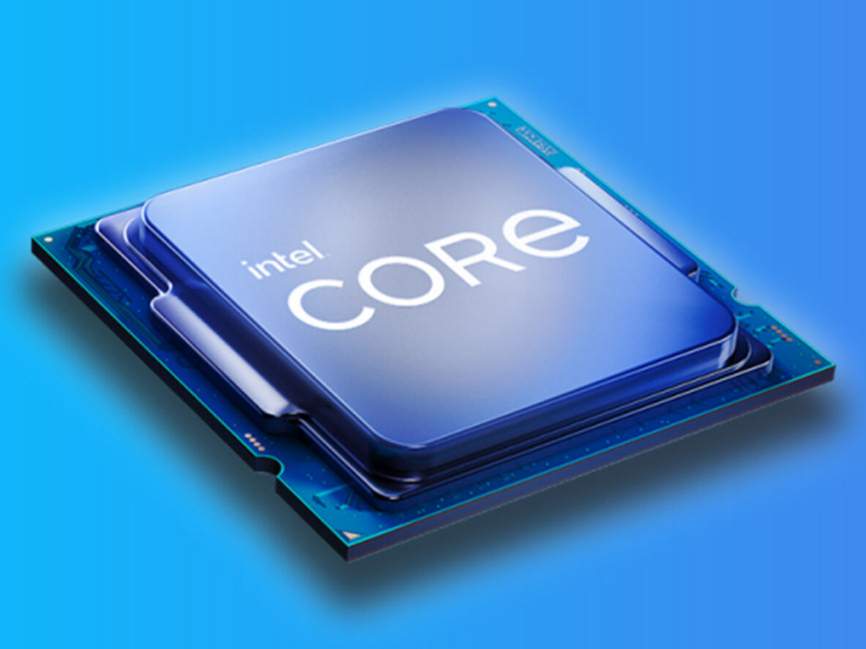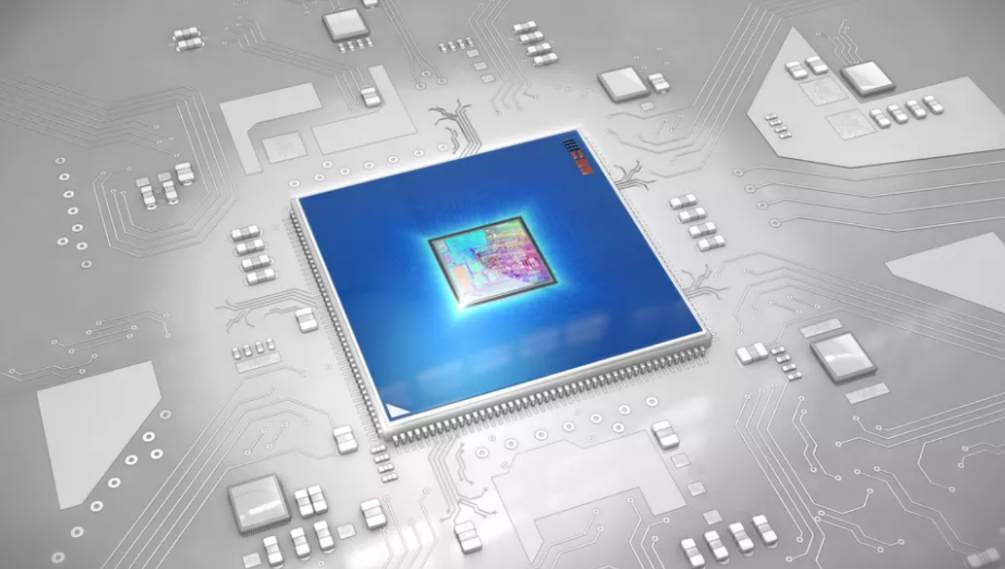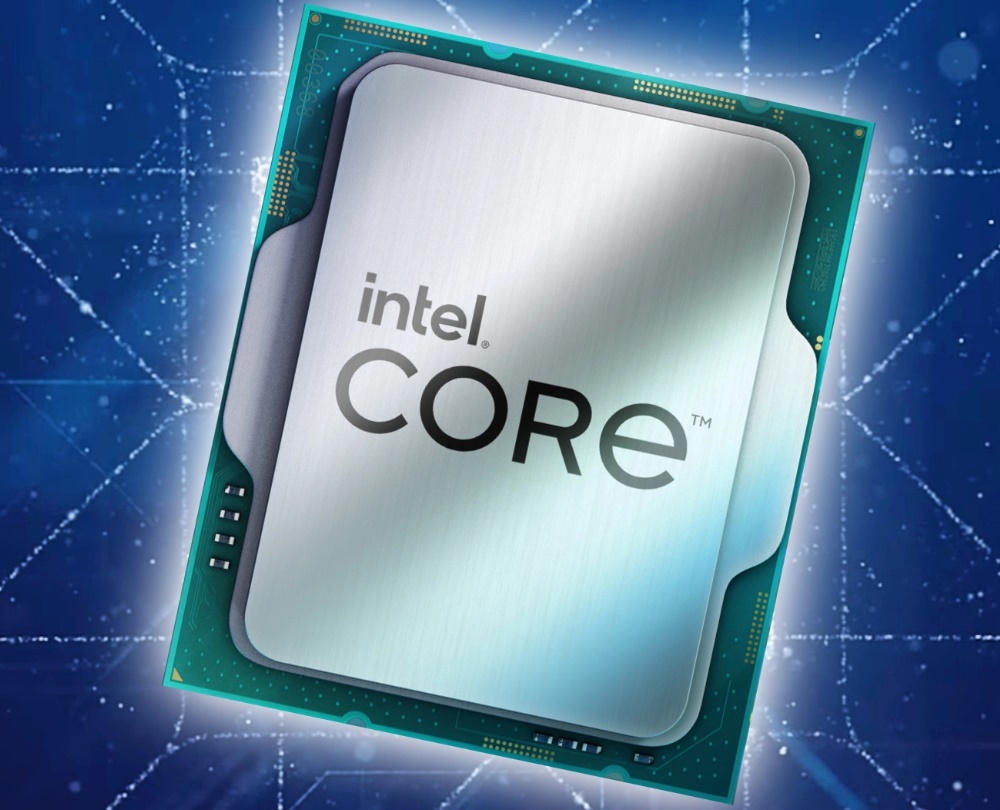
Intel has confirmed the name of its 13th-generation CPUs will be Raptor Lake, with the first desktop CPUs expected to ship in the second half of 2023. It all started at CES with the introduction of the Tiger Lake-H series, a new version of its 11th-generation laptop chips designed for gaming. However, Tiger Lake does not include any desktop chips, so we had to wait until March for the 11th-generation Rocket Lake CPUs to arrive.
Because Alder Lake includes desktop and laptop CPUs, 12th-generation chips are technically a successor. Introducing a new hybrid architecture resulted in significant performance and power efficiency gains. This will continue with the upcoming 13th-generation CPUs, though Intel is said to be able to squeeze even more performance out of Raptor Lake processors. Here’s what we know so far.
When will Intel Raptor Lake be available?
At an investor meeting in February 2023, Intel confirmed that the first 13th-generation CPUs will be available in the second half of 2023. A more precise release date is unknown, but the company has already demonstrated a system powered by a Raptor Lake chip. This was a desktop system, which Intel is known for releasing first. The first desktop CPU, Alder Lake, was released in November 2022, followed by mobile CPUs at CES two months later.
A similar timeline appears likely, implying that 13th-generation laptop processors may not be available until 2023. Intel has also revealed a long-term roadmap that includes three generations: Meteor Lake, Arrow Lake, and Lunar Lake.
Pricing for Intel Raptor Lake
We don’t know how much Raptor Lake will cost at this point. But current-generation Rocket Lake pricing gives us an idea of how much we’ll have to pay for desktop chips:
- $513-$539 for the Core i9-11900K
- $374-$399 for the Core i7-11700K
- $237-$262 for the Core i5-11600K
- $157-$182 for the Core i5-11400K
These are Intel’s suggested prices, with manufacturers deciding how much you’ll pay – which explains the price range.

Rumors About Intel Raptor Lake Specifications 2024:
The same investor meeting where a rough release date was announced also revealed some key features. It is expected to maintain a hybrid architecture. It has up to eight performance cores and up to sixteen efficiency cores. The company also stated that it aims for a double-digit performance improvement (presumably in percentage terms) over the previous year.
Raptor Lake is said to have a modular design, making it easier to chop and change various tiles based on the situation. This will also make it easier for Intel to integrate its new Arc discrete GPUs.
Following its introduction in 2023, it suggests that the new hybrid core system will undergo subtle changes to improve performance. It’s unclear what these will entail – Intel may not even know yet. Raptor Lake is also rumored to be when the company switches to LPDDR5X.
The next-generation RAM solution will be available in late 2023. Finally, adding a new DLVR Power Delivery System should allow Raptor Lake to optimize its power output better based on the situation. It results in improved efficiency and, as a result, battery life.
The latter is a company platform that provides various features tailored for business users, such as superior performance, remote management, and advanced security.
While this sounds convincing and plausible, it’s worth noting that the diagram still shows Rocket Lake as being from 2020, even though it will arrive in March 2023. This means the roadmap is at least a few months old, and the situation has likely changed significantly.


